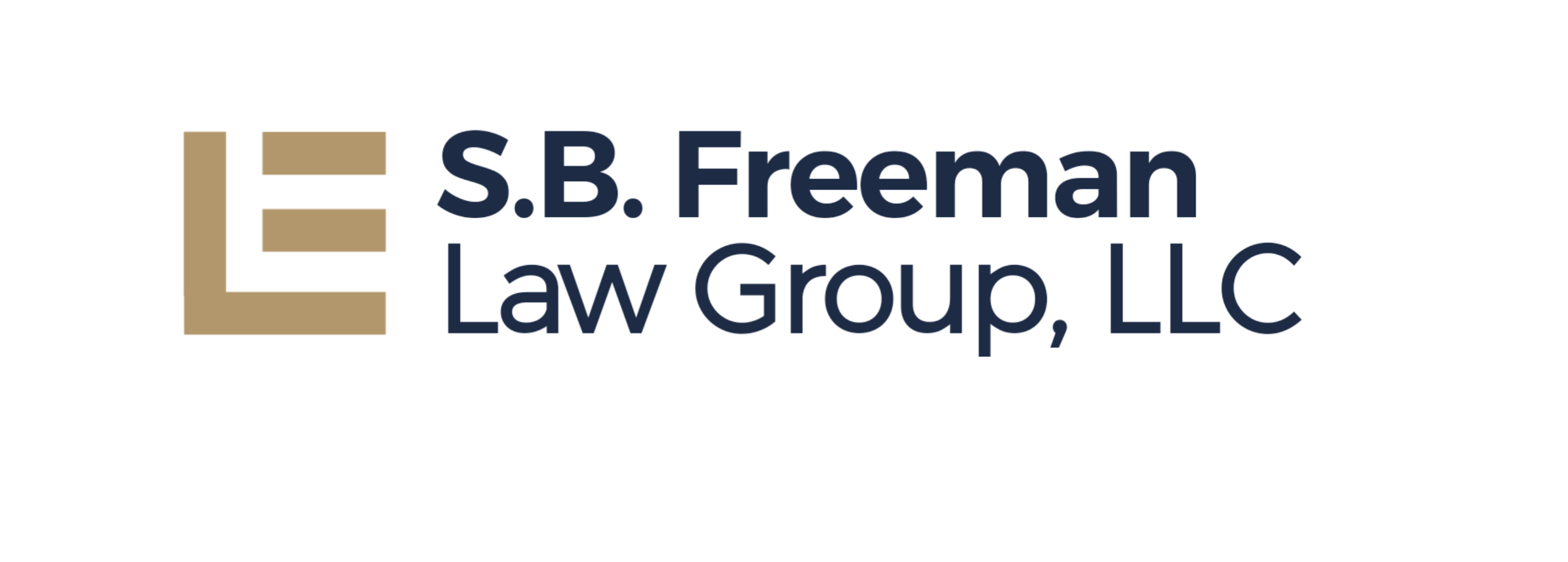“We must remember always that accusation is not proof and that conviction depends upon evidence and due process of law.”
Edward R. Murrow
A recent discovery dispute in an ethics hearing prompted a Rule change to Rule 19-726, the Rule governing discovery in attorney grievance proceedings. The dispute arose after Bar Counsel took the position that the Rule did not require Bar Counsel to respond to written discovery propounded by the responding attorney.
Prior to October 1, 2021, the Rule simply provided that discovery in attorney grievance proceedings was “governed by the Rules in Title 2, Chapter 400 (i.e., the Rules applicable to general civil proceedings], subject to any scheduling order entered pursuant to Rule 19-722 [Order Designating Judge and Clerk].” Rule 19-726 (2016).
Last year (June 2021), Maryland’s Bar Counsel proposed revisions to Rule 19-726. The Standing Committee on Rules of Practice and Procedure (“Rules Committee”) recommended the Court of Appeals of Maryland (“Court of Appeals”) adopt changes to the Rule. The committee recommended deleting the simple and straightforward language in the preamble that discovery in attorney grievance proceedings are “governed by Title 2, Chapter 400.” Other changes to the Rule included adding Section (a) and (b) requiring Bar Counsel to provide the responding attorney with all material, information and statements accumulated during the investigation – essentially the complete record of Bar Counsel; and, disclose all evidence Bar Counsel is aware that could negate any allegation in the petition or mitigate any sanction (exculpatory information). Section (c) was added requiring Bar Counsel to disclose the names and addresses of all persons Bar Counsel intends to call at the hearing and requiring the responding attorney to do the same with certain time limitations. Bar Counsel was specifically allowed to use all the traditional discovery tools in Title 2, Chapter 400 in new Section (d). However, the proposed new Rule was silent on whether an attorney was allowed the full panoply of traditional discovery tools, i.e. interrogatories, depositions, and other discovery techniques. Section (e) was added specifically providing that “The Attorney Grievance Commission may not be subject to an organizational designee deposition” in an attorney disciplinary matter (no corporate representative depositions of the Commission).
The elimination of the simple language of “Title 2, Chapter 400 governing all discovery in attorney grievance proceedings” and all the above new proposed additions to Rule 19-726 were adopted by the Court of Appeals upon recommendation of the Rules Committee on July 8, 2021, effective October 1, 2021.
Attorney Grievance Comm’n v. Pierre
After the new Rule was adopted, Bar Counsel took the position that the new Rule, 19-726 (2021), “does not permit respondent attorneys to propound written discovery.” See Attorney Grievance Comm’n v. Pierre, Case No. COA-AG-0042-2021. Bar Counsel was successful, in Pierre, in persuading the hearing judge to excuse Bar Counsel from answering discovery requests from the respondent attorney and convincing the court that the Commission’s exemption from depositions shielded her as well. Pierre’s counsel, Irwin Kramer, turned to the Court of Appeals for a stay in the attorney grievance proceeding until he could get his client’s rights to discovery reinstated.
Court of Appeals
The Court of Appeals stayed the circuit court proceedings and held an expedited meeting on March 30, 2022 to discuss Maryland Rule 19-726. The meeting took place only six months after the new Rule was in effect. The Court of Appeals discussed the fact that as a result of the recent amendments to Rule 19-726, respondents in disciplinary proceedings no longer have access to the use of civil discovery provisions under at least one interpretation of the revisions to Rule 19-726. The inequity in Bar Counsel having full use of civil discovery tools and the respondent attorney not having access to discovery was discussed. After full discussion, the Court of Appeals unanimously voted to refer Rule 19-726 to the Rules Committee to propose revisions to clarify that:
- respondents in disciplinary proceedings are allowed to use civil discovery provisions under Title 2, Chapter 400; and
- the current section of the Rule prohibiting the deposition of the corporate designee of the Attorney Grievance Commission should make it clear that Bar Counsel, members of Bar Counsel’s office and members of the Attorney Grievance Commission may be deposed as fact witnesses in disciplinary proceedings in accordance with the Rules that govern depositions.
Normally, when amendments to a Rule are proposed by the Rules Committee there is a 30-day comment period before the Court of Appeals considers the amendments for adoption. Anticipating proposed changes by the Rules Committee consonant with the court’s referral, the Court unanimously voted to shorten the comment period to 7 days once they receive the Rules Committee’s notice of a proposed Rule change. The Court of Appeals justification for the shortened comment period was the broad use of Rule 19-726 in disciplinary proceedings and the expediency of matters that are pending before the Attorney Grievance Commission. In sum, the Court of Appeals requested the Rules Committee consider revisions to Rule 19-726, leaving no doubt that respondent attorneys do have discovery rights in Attorney Grievance Commission proceedings.
Rules Committee
The Rules Committee submitted its Two Hundred and Tenth Report to the Court of Appeals on April 28, 2022, recommending amendments on an expedited basis to the then current Rule 19-726 and 2-412. The Rules Committee indicated that they recommended the 2021 changes to the Rule “in place of the full panoply of interrogatories, depositions, and other discovery techniques, to require Bar Counsel” to produce their complete record along with any exculpatory information.
The Rules Committee proposed changes to the Rule, in accordance with the Court of Appeals’ wishes, and reverted back to the pre-2021 Rule language providing that discovery in attorney grievance proceedings are governed by the relevant Rules in Title 2, Chapter 400 with exceptions pertaining to the Judicial Disabilities Commission. The language expressly requiring Bar Counsel to disclose their complete file along with exculpatory information remained. Section(f) of the Rule prohibiting the corporate representative deposition of the Attorney Grievance Commission remained in the final proposal. However, the Rules Committee proposed a note regarding section (f) as follows:
Section (f) of this Rule does not preclude the deposition of other person including individual members of the Commission or of the Office of Counsel, in accordance with the Rules in Title 2, Chapter 400, subject to the substantive law applicable to taking a deposition of the person.
The note was added to clarify that depositions of individuals in the Office of Bar Counsel, individual members of the Attorney Grievance Commission, and other persons may be taken in accordance with the Rules in Title 2, Chapter 400, subject to the substantive law applicable to taking a deposition of the person.
The Court of Appeals met on May 11, 2022 and adopted all of the Rules Committee’s proposals in its Two Hundred and Tenth Report, effective May 11, 2022.
Summary
There was never an intent to give the Attorney Grievance Commission a discovery advantage in attorney grievance proceedings in the 2021 Rule. Bar Counsel’s position in Pierre that “effective October 1, 2021, Maryland Rule 19-726 was revised” so that “Respondent attorneys are no longer permitted to propound interrogatories and requests for production on the Commission,” quickly manifested the due process deficiencies of the new Rule. The Court of Appeals quickly recognized the issue and took immediate action to correct it: not only through a stay of the proceedings in Pierre, but expeditiously scheduling a meeting to discuss recommendations for the Rules Committee to consider proposed Rule changes to remedy the concern. The final Rule still prohibits the corporate representative deposition of the Attorney Grievance Commission, but re-incorporated respondent attorney’s rights to all the other traditional discovery tools. The wheels of justice are turning, in record time in this case. Mr. Kramer said the Court of Appeals “may have set a state speed record for reversing a provision that it enacted only seven months before.” Thanks to Mr. Kramer for his role in preserving the discovery rights of responding attorneys in grievance proceedings. This series of events gives new meaning to the old adage, “if it’s not broken, don’t fix it!!





